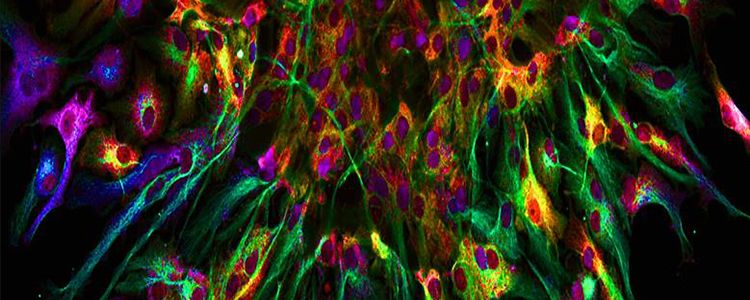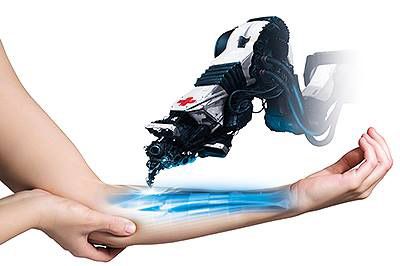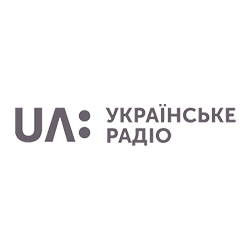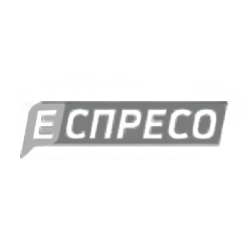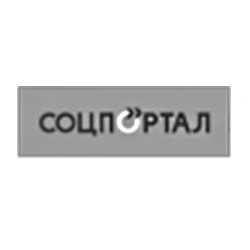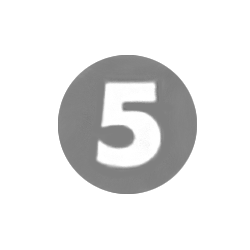Scientists at Texas A&M University in the US have implanted neural stem cells in the hippocampus of animals for the purpose of tissue regeneration and recovery of brain activity, as outlined in this article.
Over time, the brain is exposed to adult age disease, such as dementia and loss of cognitive function. Scientists hope in the future it will be possible to replace brain cells and restore memory. In his new job Ashok K. Shetty and his team are trying to harness that opportunity using new technology to prepare donor neural stem cells and transplant them into the brains of older people.
“We chose the hippocampus because it plays an important role in learning and memory,” Shetty said. “We are interested in understanding the aging brain, especially the hippocampus, which is perhaps particularly vulnerable to age-related changes.” The volume of the brain probably decreases during the aging process, and this process may be associated with age-related decline in neurogenesis (the production of new neurons) and memory deficits, which some people experience as they become older.
“We were amazed that in an advanced hippocampus implanted neural stem cells take root as easily as they do in a young hippocampus. This has implications for the treatment of age-related neurodegenerative disorders,” Bharathi Hattiangady, first author of the study said. “Interestingly, in the elderly the hippocampus can form a niche for neural stem cells.”
The researchers found that neural stem cells take root well not only in the hippocampus of young animal subjects(as expected), but also in older animals that are the equivalent to the human age of 70. These implanted cells not only survive, but also divided several times to create new cells.
“There were at least three division after transplantation,” Shetty said. “As a result, the total output of derived neurons and glia (types of brain cells that support neurons) was significantly higher than the number of implanted cells. With virtually no observed difference between the final number of neurons in the old or young hippocampus.”
Researchers undertook this work using donor cells from the subventricular areas of the brain that contain a number of nerve stem cells that persist throughout life and continuously produce new neurons that migrate to the olfactory system.
These stem cells to some extent influence the regenerative processes in brain injury such as stroke and traumatic brain injury, and replace some of the lost cerebral cortical neurons.
For transplantation, quite a small number of cells are necessary ot culture. Therefore, the procedure is not painful. In addition, In the future, it will be enough to use skin cells as neural stem cells can be obtained in large quantities in fibroblasts.
“It is not necessary to obtain cells from the brain, you can simply apply a skin biopsy and turn them into neural stem cells,” Shetty said.
“In the future we want to test what effect, if any, implanted cell behavior has and to determine whether the implanted neural stem cells reverse memory loss,” Shetty said. “This is an area we would like to explore in the future.”
Ukraine also has made great achievements in the development and application of advanced biotechnology. With its help Ukrainian specialists grown bone and nerve cells. This technology is used to restore damaged joints and limbs in wounded ATO soldiers, returning them to function and mobility. This technology is available at only a few clinics throughout the world, including Ukraine. Ilaya Medical Comapany and The People’s Project, under the Bioengineering Rehabilitation for Wounded,” restores injury in seriously wounded soldiers and returns them to a healthy life.
Earlier, The People’s Project reported using biotechnology to save an arm from amputation. And recently doctors regrew bone in the leg of a wounded soldier from the “Donbas” Battalion.
Currently collection of funds for the treatment of five wounded is underway, while four more are waiting in line to join the project. For them, biotechnology – represents the only chance to recover. Since the state, through legislative and other restrictions, can not support biotechnology in the treatment of wounded soldiers their only hope lies with receiving donations from people.
Get involved and help Ukraine’s defenders.




